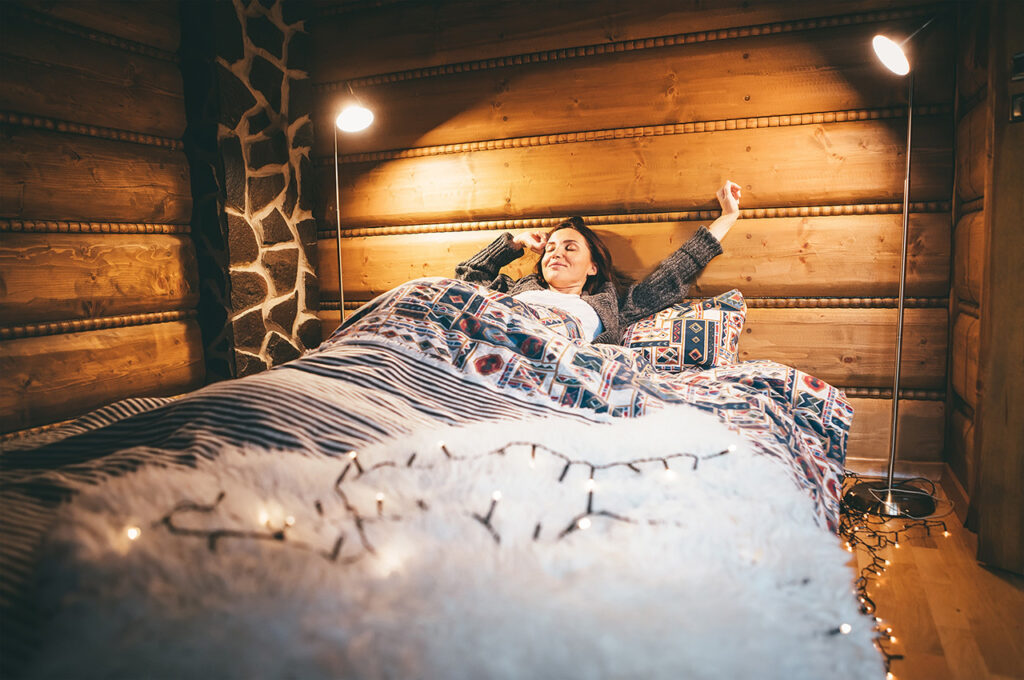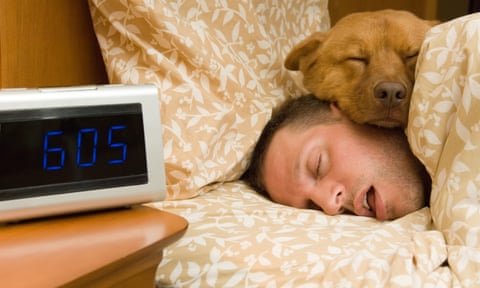Winter Sleep
"From what we know, our internal biological need for sleep is pretty constant."
"However, during certain times of year, it's easier to sleep than it is at other times."
Jennifer Martin, clinical psychologist, spokesperson, American Academy of Sleep Medicine
"[Whatever the reason for the shift in circadian rhythms in winter] we should embrace that."
"We should take that signal that our bodies are giving us, respect it and try to get that extra sleep that our bodies are telling us to get."
Beth Malow, professor of neurology and pediatrics, director, Vanderbilt University sleep division
"Possibly one of the most precious achievements in human evolution is an almost invisibility of seasonality on the behavioral level.""In our study, we show that human sleep architecture varies substantially across seasons in an adult population living in an urban environment.""Seasonality is ubiquitous in any living being on this planet. Even though we still perform unchanged, over the winter human physiology is down-regulated, with a sensation of ‘running-on-empty’ in February or March.""In general, societies need to adjust sleep habits including length and timing to season or adjust school and working schedules to seasonal sleep needs."Dr. Dieter Kunz, clinical psychiatrist, sleep researcher, clinical chronobiologist, Clinic of Sleep & Chronomedicine, St Hedwig Hospital, Berlin

People have the impression that they tend in the winter months to sleep more. Experts, on the other hand speak of a lack of conclusive evidence that changing seasons have any impact on the amount of sleep the human body requires. The average sleep duration in winter for North Americans increases by 1.9 minutes on weeknights, and 6.5 minutes on weekends, according to a study of sleep duration analyzing the 2003-2016 American Time Use Survey.
It seems that increased sleep during winter may be related to our bodies' inclination to respond to light -- conversely the lack of light. Circadian rhythms -- operating on a roughly 24-hour cycle, informing us when to wake, and when to go to bed -- are set by light exposure or the amount and timing of light our eyes are accustomed to seeing from sunlight. Fewer hours of sunlight in winter spur our bodies to produce melatonin earlier in the day which helps to promote sleep, making it easier for people to fall asleep more readily in winter.
Participants with sleep disorders in a 2023 study of 300 people found that subjects experienced approximately a half-hour more REM sleep in winter than in summer. REM is that portion of the sleeping hours where most dreaming occurs, thought to be vital in emotional processing, leading to better health outcomes. A shift in circadian rhythms in the winter may lead to an increase in REM sleep in a mechanism that is not yet fully understood.
Our circadian clocks regulate sleep -- in that sleep deprivation and sleep deficiencies have been linked to an increased risk of dementia, depression, diabetes, heart disease, high blood pressure, obesity and all-cause mortality.
People who succeed in having seven to nine hours of consistent, quality sleep at night yet struggle during the day with feelings of fatigue, irritability, concentration: "Those are all good indicators that perhaps you might need a little bit more sleep", observed Joseph Dzierzewski, licensed clinical psychologist, vice-president of research and scientific affairs, National Sleep Foundation.
 |
| While the researchers acknowledge the results would need to be validated in people with no sleep difficulties, the seasonal changes may be even greater in a healthy population. Photograph: WebSubstance/Getty Images |
"The sun cycles through sunrise, daytime, sunset, (and) nighttime light, which all have different colors that our body interprets as stimuli for different energy levels and activities.""Bluer light in the morning – like a morning sky – gives a boost of energy and helps get you to get out of bed. Daytime light, or bright light, with cooler tones help signal to your body that it’s time to be alert and help with productivity. Then at the end of the day, the amber colors of a sunset prepare you for sleep.""If the city you reside in is closer to the equator, your winters may be slightly brighter than others, so it’s possible your sleep schedule may not change much. The amount of light pollution in your area could also affect your circadian rhythm."Robert Soler, former NASA engineer who studied how lack of light in space impacted astronauts’ sleep cycles
Labels: Biological Need, Circadian rhythm, REM Sleep, Winter Sleep

0 Comments:
Post a Comment
<< Home